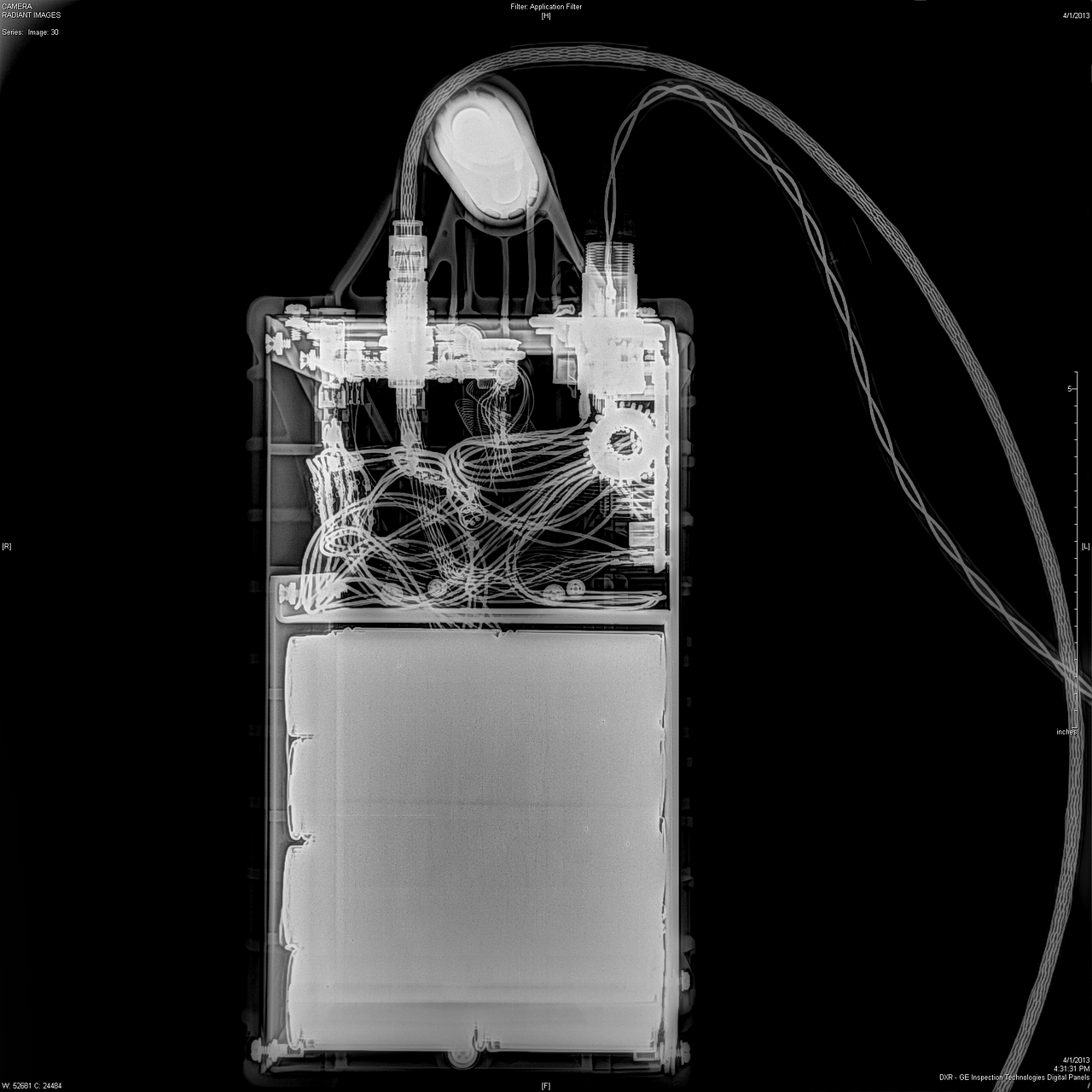18 August 18 2025 was supposed to be the day on which certain obligations in the field of battery management will come into force. They were introduced by Regulation (EU) 2023/1542 of the European Parliament and of the Council of 12 July 2023 concerning batteries and waste batteries, amending Directive 2008/98/EC and Regulation (EU) 2019/1020 and repealing Directive 2006/66/EC.
However, the European Parliament has now voted to postpone these obligations for two years. Despite this, it is worth explaining the obligations resulting from the Regulation.
According to Article 48(1) of the Regulation: “From 18 August 2025, economic operators placing batteries on the market or putting them into service shall comply with the due diligence obligations laid down in paragraphs 2 and 3 of this Article and in Articles 49, 50 and 52 and to that end establish and implement due diligence policies in relation to batteries.”
With regard to the management system, Article 49 of the Regulation provides for the following obligations of economic operators:
- adopt and clearly communicate to suppliers and the public the company’s battery due diligence policy on the raw materials listed in Annex X, point 1 (lit, nickel, natural graphite, cobalt) and the related social and environmental risk categories listed in Annex X, point 2 (environment, climate, health, human rights, labour rights, industrial relations, social life);
- incorporate into its policies standards that are in line with those set out in the internationally recognised due diligence instruments listed in Annex X(4) (international law and OECD and UN guidance);
- organising its internal management system to support policy, assigning its top management the responsibility to oversee its policy and to keep its records for at least 10 years;
- establishing and applying a supply chain of custody and transparency system, including a chain of custody or traceability system, identifying upstream actors;
- the integration of the policy, including risk management measures, into contracts and agreements with suppliers;
- the introduction or provision of a complaint-handling mechanism, including early warning of risk awareness and a corrective mechanism, through cooperation arrangements with other economic operators or organisations, or by facilitating the use of an external expert or body, such as the Ombudsman; based on the UN Guiding Principles on Business and Human Rights;
- the introduction of a supply chain control and transparency system, based on documentation containing at least: a description of the raw material, including its trade name and type, the name and address of the supplier who supplied the raw material used in batteries to the economic operator who places the batteries containing this raw material on the market, the country of origin of the raw material and market transactions from the extraction stage to the stage of direct supplier of the economic operator, which places the battery on the market, the quantities of raw material used in the battery placed on the market, expressed as a percentage or by weight.
In the field of risk management, Article 50 of the Regulation provides for such obligations on the part of economic entities as:
- identify and assess the risk of adverse impacts in its supply chain related to the risk categories listed above in its management system, including on the basis of information provided in accordance with Article 49 and any other relevant information that is publicly available or provided by interested parties, by reference to its battery due diligence policy;
- developing and implementing a strategy to respond to identified risks to prevent, mitigate or otherwise remedy negative impacts by: reporting the findings of their risk assessment to their top management (as designated as part of the management system);
- adopt risk management measures that are in line with the internationally recognised due diligence instruments listed above, taking into account their ability to influence and, where necessary, exert pressure on suppliers, including their subsidiaries and subcontractors, who can most effectively prevent or mitigate the identified risks;
- developing and implementing a risk management plan, monitoring and tracking the results of risk mitigation activities, reporting to its top management, and considering suspending or terminating the relationship with the supplier or its subsidiary or subcontractor after unsuccessful attempts to mitigate risks under relevant contracts and arrangements;
- carrying out additional factual and risk assessments in relation to the risk requiring mitigation or following a change in circumstances.
At the same time, Article 52 of the Regulation provides for broad obligations to disclose information related to due diligence. Business entities are obliged to make available:
- upon request, to the market surveillance authorities or national authorities of the Member States: a verification report, a decision to approve the due diligence policy for batteries, audit reports and available evidence of compliance with the due diligence system recognised by the Commission in accordance with Article 53 of that Regulation;
- to its direct downstream purchasers any relevant information obtained and maintained in accordance with its battery due diligence policy, with due regard to trade secrets and other competition considerations.
In addition, according to Article 93 of the above-mentioned Regulation: “By 18 August 2025, Member States shall lay down the rules on penalties applicable to infringements of this Regulation and shall take all necessary measures to ensure that they are implemented. The penalties provided for must be effective, proportionate and dissuasive. Member States shall notify those rules and measures to the Commission without delay and shall notify it without delay of any subsequent amendment affecting them.”
Polish legislative work in this respect is delayed. Only recently have the assumptions for the draft law on batteries and waste batteries been published. The draft provides for the following solutions:
The bill provides in particular:
- the introduction of a system to enable the functioning of conformity assessment bodies within the scope of the Battery Regulation;
- identification of the competent supervisory authority;
- harmonization of the nomenclature used in Polish legislation on batteries with the Battery Regulation;
- introduction of changes to a number of acts related in particular to the management of waste batteries;
- repeal of the Act of 4 April 2009 on batteries and accumulators;
- introducing penalties applicable to breaches of obligations under the Battery Regulation.
In turn, in the field of waste battery management, the bill in particular:
- determines the competent authority responsible for fulfilling the responsibilities for the management of waste batteries;
- establishes a contact point referred to in Article 54(2) of the Regulation;
- clarifies the deadline for placing on the market in the national territory;
- specifies detailed storage conditions for used batteries;
- requires battery manufacturers to sign a contract with a battery producer responsibility organisation;
- specifies the obligation to conclude an agreement in writing, under pain of nullity, between the battery manufacturer’s responsibility organization and the waste battery collector, regarding the collection of waste batteries, categories that cover the scope of the organization’s activities, as well as with the operator of the waste battery processing plant, indicating the scope of the agreement concluded between these entities,
- specifies the obligation for the battery manufacturer’s responsibility organization to carry out an external audit at least once every three years.



